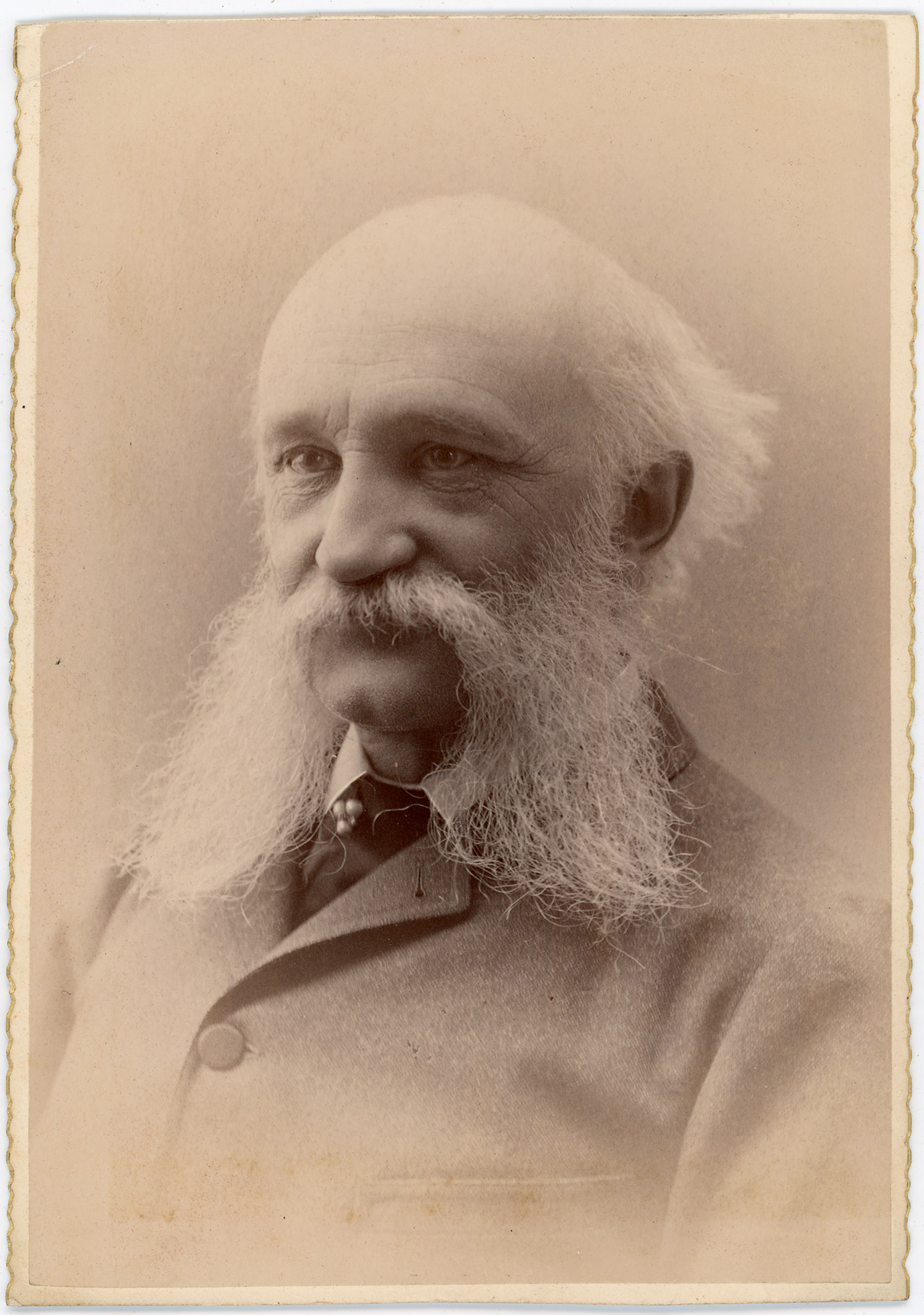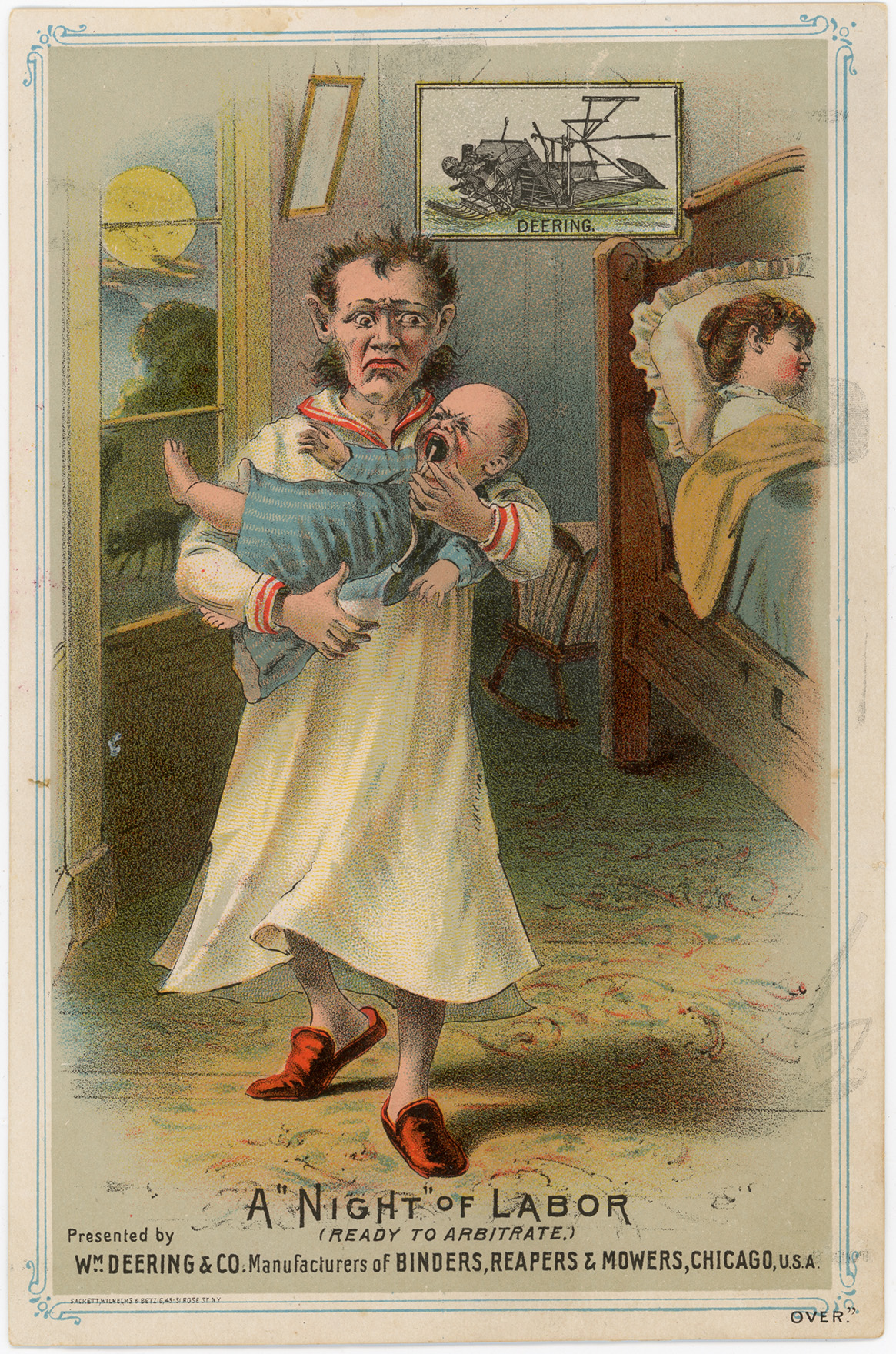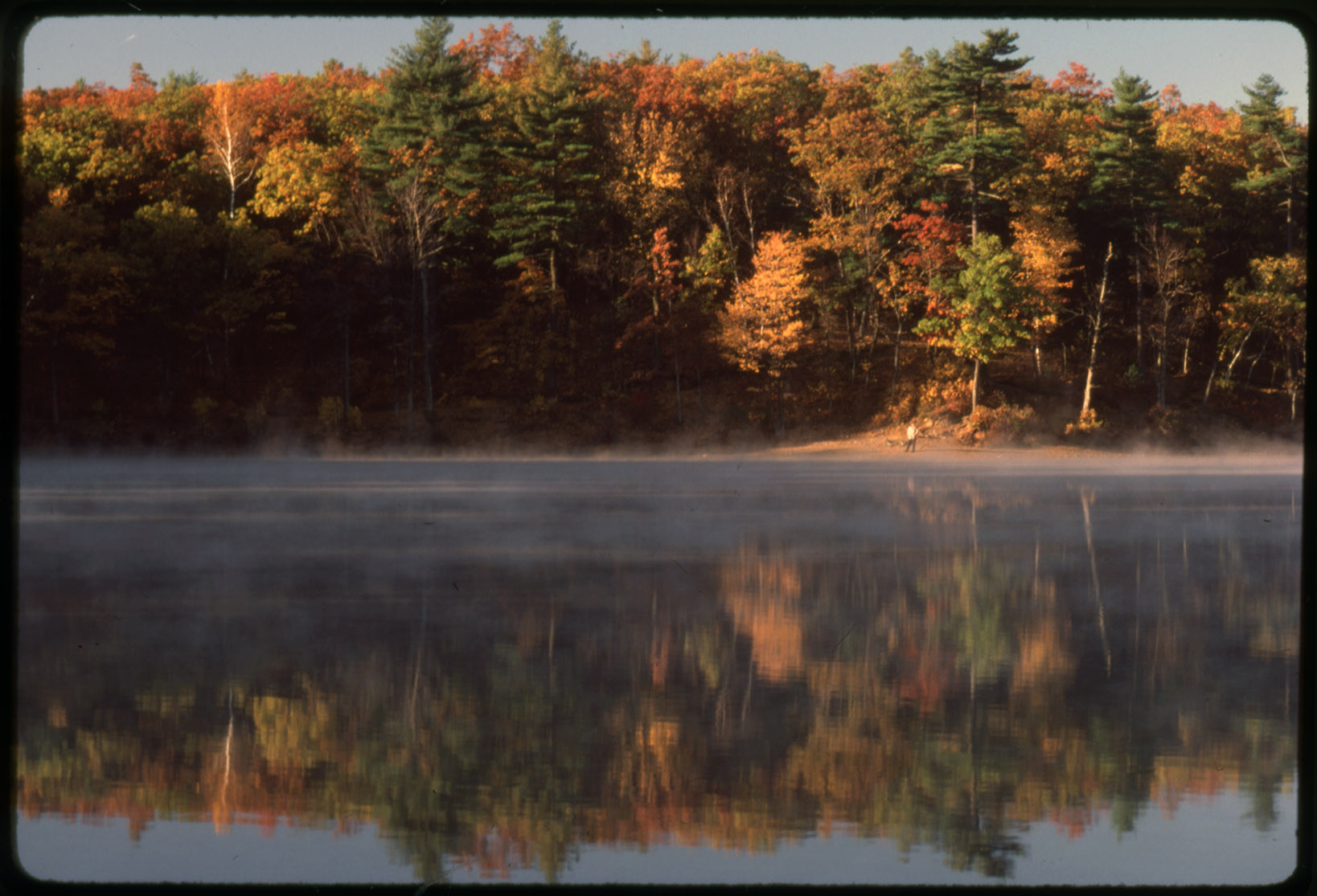F. L. H. Willis Papers

In 1857, Frederick L. H. Willis earned the singular distinction of being expelled from Harvard Divinity School for acting as a spirit medium. An important figure in the post-Civil War Spiritualist movement, Willis lived a long and eclectic life in which he was at turns an intimate of the family of Bronson Alcott, an ardent proponent of Spiritualism, a lecturer, preacher, homeopathic physician, and writer.
A wide-ranging intellect and steadfast opposition to orthodoxy suffuse the Willis Papers. The heart of the collection is an extensive collection of sermons, lectures, and essays by Frederick L. H. Willis dating from the late 1850s to the turn of the twentieth century. These works veer into commentary on ancient history, art and aesthetics, medicine, astrology, Eastern religion, and social reform, but are rooted firmly in the framework of a Spiritualist worldview. The collection also includes a large number of family photographs, some correspondence, and a few works by Willis’s wife, Love, and daughter, Edith.


